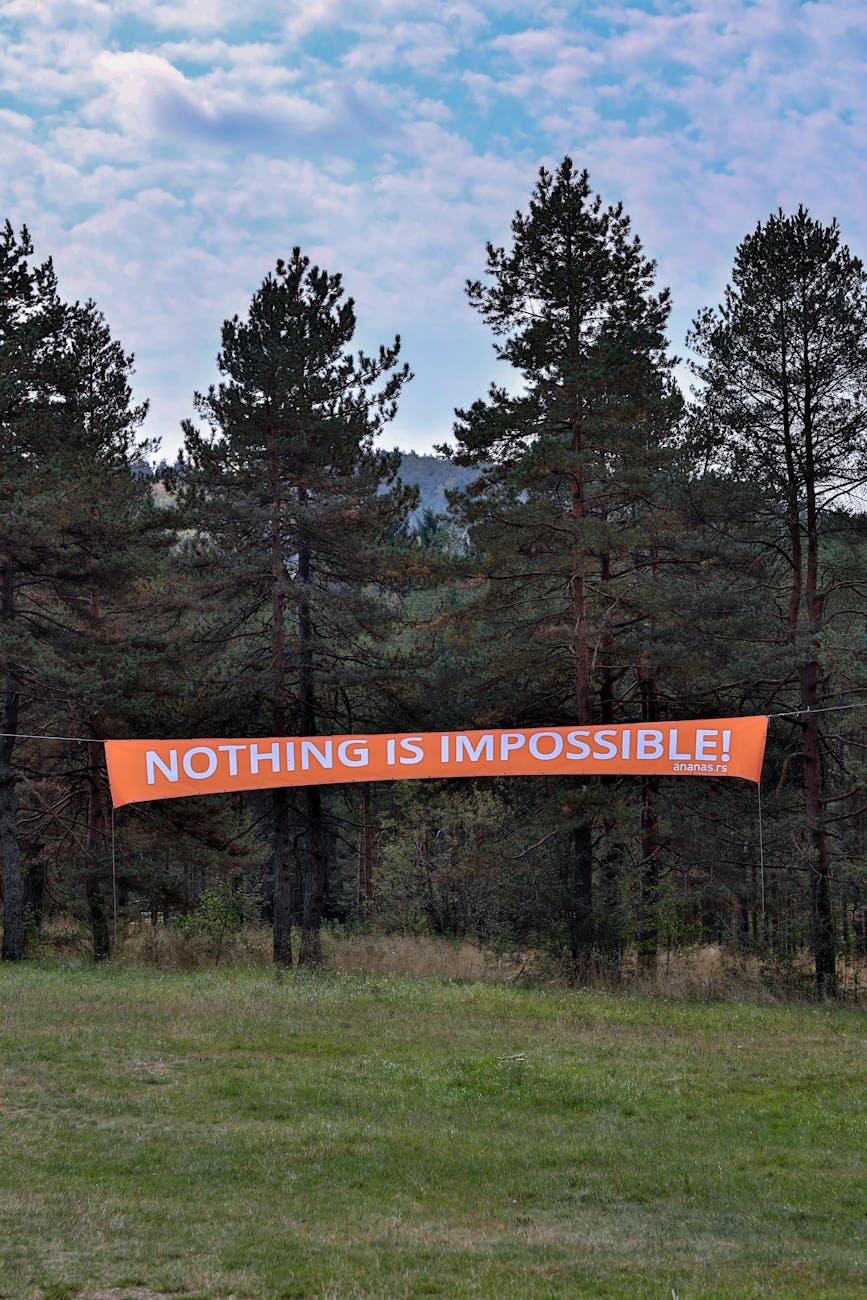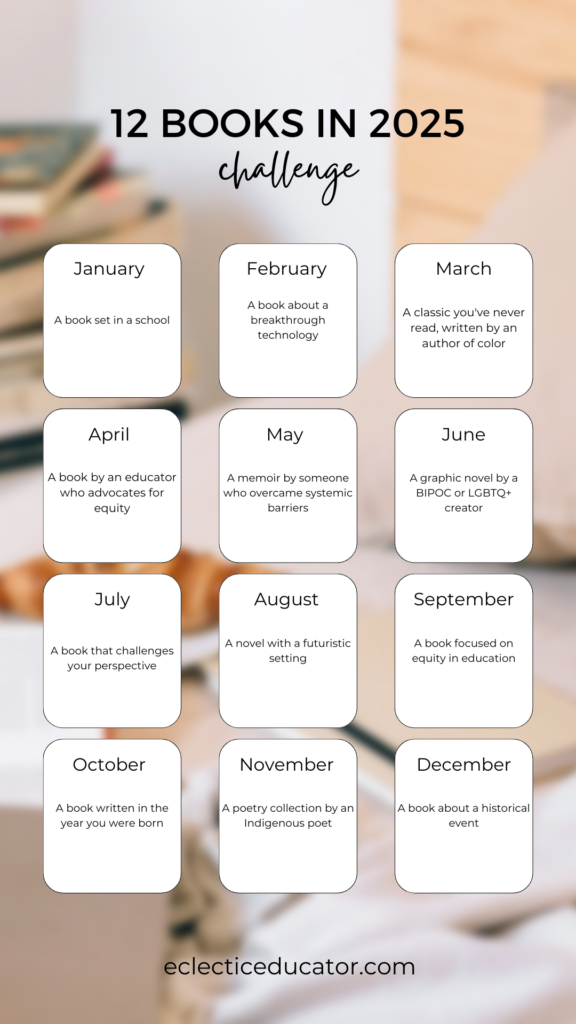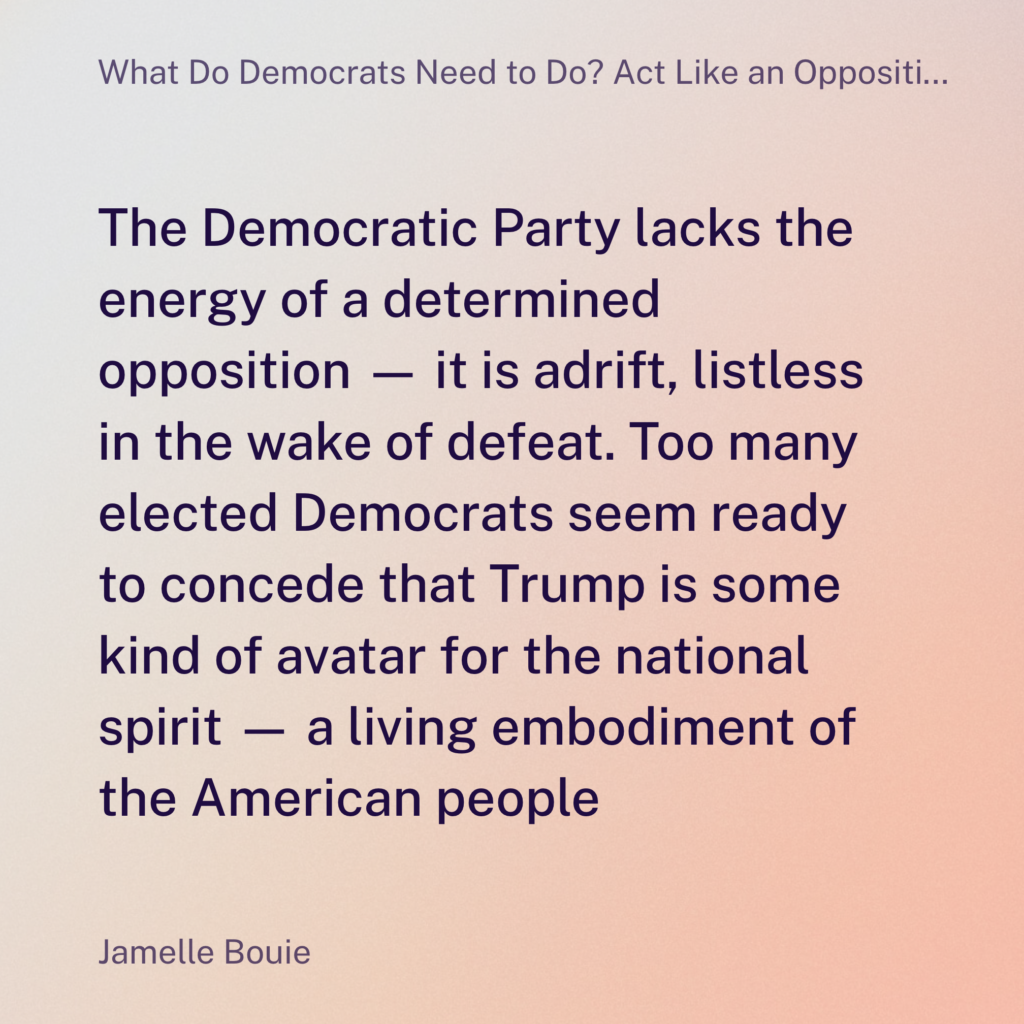
In his thought-provoking video, Jared Henderson delves into why fewer people are reading books, citing issues with education systems, distractions from technology, and a lack of reading stamina. As an educator and avid reader, I agree with what Henderson outlines. However, I also see opportunities to expand on his points and explore some counterarguments.
1. The Literacy Crisis and Its Roots
Henderson highlights the shift from phonics to whole language learning as a pivotal moment in literacy education. He’s right—whole language learning left many students unprepared to effectively decode and engage with text. With its structured approach to sound and word recognition, Phonics builds a foundation that whole language approaches often neglect.
Yet, the story isn’t so simple. Literacy rates are influenced by more than just methodology; systemic issues like underfunded schools, inequitable access to resources, and cultural attitudes toward reading also play significant roles. Blaming the whole language strategy alone risks oversimplifying a complex problem. The good news is that the pendulum is swinging back toward phonics-based instruction in many places, but we must also address these broader systemic issues.
2. The Decline of Reading Stamina
Henderson’s point about reading stamina is crucial. Students trained to extract information from short texts for standardized tests are ill-equipped to handle dense, long-form reading. I’ve seen this firsthand in my work with high school and college students. Reading stamina, like physical stamina, requires regular practice and gradual increases in difficulty.
However, there’s a counterpoint worth considering: is the problem stamina or engagement? Many students might struggle to read long texts simply because they find them irrelevant or boring. To rebuild a culture of reading, educators must consider how to make books feel meaningful in a world full of competing distractions. The classics are essential, but so are diverse, contemporary texts that reflect students’ lived experiences.
3. The Smartphone Problem
Henderson is spot-on when he identifies technology as a culprit in the decline of book reading. With their endless notifications and instant gratification, smartphones make reading a book seem like climbing a mountain when a treadmill is right next to you.
Yet banning phones in classrooms, while helpful, doesn’t address the root of the issue. We must teach students how to coexist with technology, fostering mindfulness and intentionality. Schools could integrate “digital detox” practices, but the more significant cultural shift toward valuing deep focus and reflection must also happen outside the classroom.
4. Expanding the Conversation
While Henderson focuses on literacy and attention, another factor deserves mention: the changing role of books in the digital age. Many young people engage deeply with stories through mediums like podcasts, audiobooks, graphic novels, and even video games. While these formats differ from traditional books, they foster imagination, critical thinking, and empathy. Perhaps the question isn’t why people aren’t reading books but why our definition of “reading” hasn’t evolved.
5. What Can Be Done?
The path forward is multifaceted:
- Reclaim Joy in Reading: Schools and families need to emphasize the joy of reading over the utility of extracting information. Reading aloud, discussing books as a community, and offering choices can rekindle interest.
- Bridge Classic and Contemporary: Balance is key. Introduce students to classics and diverse, modern texts to show the breadth of literature.
- Build Reading-Friendly Environments: Encourage spaces free from distractions where deep focus is possible. Libraries, book clubs, and even family reading nights can help.
- Leverage Technology: Instead of vilifying screens, use them as gateways. E-books, interactive apps, and gamified reading challenges can attract reluctant readers.
Conclusion
Henderson’s video lays a strong foundation for understanding why fewer people read books. Still, the solutions require a collective effort. Education, culture, and technology must work together to prioritize deep, meaningful engagement with the text.
Reading may seem like a dying art, but it’s not beyond revival. We just need to adapt to the world while remembering the timeless power of a good book.
The Eclectic Educator is a free resource for everyone passionate about education and creativity. If you enjoy the content and want to support the newsletter, consider becoming a paid subscriber. Your support helps keep the insights and inspiration coming!









